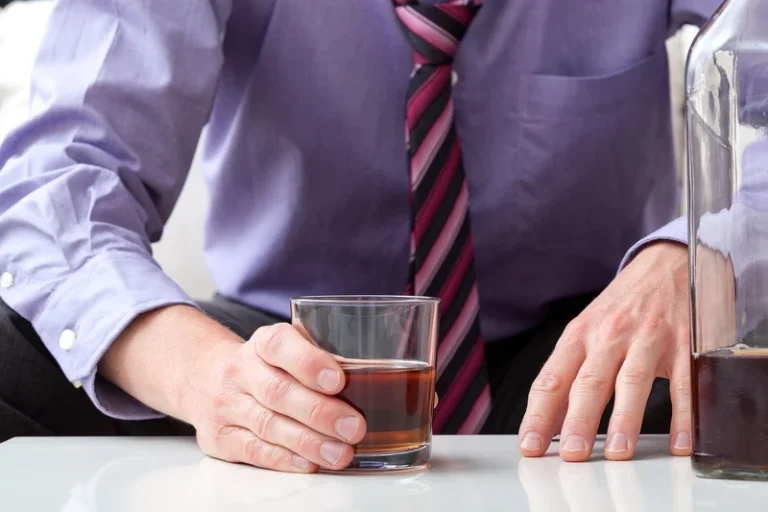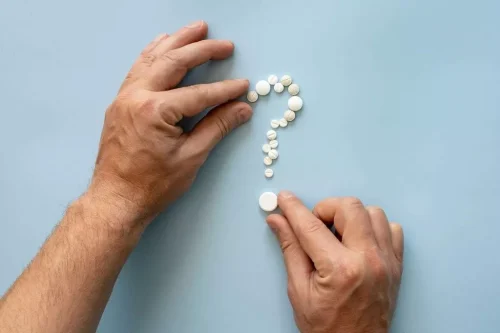
Your healthcare provider can help to ensure that your chronic pain is treated while limiting the risk of painkiller withdrawal effects. In reality, individuals can become addicted to painkillers and the relief they provide. As their body adjusts to the side effects, they find that they have to take more and more of the medication to achieve the same results.

Treatment for Ibuprofen Addiction
Non-steroidal anti-inflammatory medications, like Ibuprofen, function in the body by decreasing the production of substances that cause fever, pain, and inflammation. When prescribed by a doctor, Ibuprofen typically comes in a tablet form and is taken by mouth every four to six hours as needed for pain. Talk with your doctor about treatment programs or support groups in your area. Withdrawal can be painful and challenging, but it’s worth it for your physical and mental health.
Ibuprofen abuse/withdrawal
- Despite lacking the hallmarks of addiction seen with opioids or illicit drugs—namely traditional physical and psychological withdrawal symptoms—a sort of reliance on ibuprofen can still manifest.
- Also, the body never produces opioids in large enough quantities to cause an overdose.
- Some people may benefit from discontinuing these medications in an inpatient setting.
Aside from feeling awful, withdrawal can cause many other issues, making it nearly impossible for a person to function. Recovering from a substance use disorder takes time, commitment, and, most importantly, support. Dr. Alexander Walley is employed as a general internist and addiction specialist at Boston Medical Center and Boston University School of Medicine.

The Experience Blog

This case demonstrates that the DSM-5 criteria within the MINI can be applied to diagnose an NSAID use disorder. Addiction researchers and clinicians should consider medications generally not thought to be addictive, like NSAIDs, when evaluating patients for substance use disorder. But there are risks linked to opioid use — including severe constipation, nausea, dependence, misuse, opioid use disorder and accidental overdose. For example, opioid medicines may help when the pain level is very high and short term. To be diagnosed with medication overuse headaches, a person must experience headaches on more than 15 days per month for at least three months while taking pain relieving and/or antimigraine drugs. In addition to headache, other symptoms can include nausea, vomiting, light sensitivity, sound sensitivity, irritability, difficulty concentrating, insomnia, restlessness, and constipation.
- However, they can provide powerful relief, especially for general pains and body aches.
- If you or someone you know is recovering from Ibuprofen addiction, it’s important to be patient, stay committed to the recovery process, and seek help when needed.
- Dealing with pain isn’t easy, and neither is helping painkiller addiction, but it is possible.
- They may be able to offer a different short-term medicine to help you with withdrawal effects.
- Our personalised treatment plans are designed to cater to your individual needs and circumstances.
Patients increase their risk of hepatotoxicity (liver damage) by nearly 5 times when they drink alcoholic beverages and consume painkillers. An addiction to additional drugs in addition to Ibuprofen abuse may require the help of an rehab center. If you or your loved one is struggling with a dependency on Ibuprofen, take the first step by asking for help and seeking a licensed counselor or therapist who can help address the cause of this. Nonprescription Ibuprofen is available for purchase over the counter in several forms, including concentrated liquid drops, tablets, chewable tables, and in liquid suspension. The maximum over the counter use is approximately 1200 mg per day, and under medical prescription, the upper limit for consumption may be as high as 3200 mg per day. Her work spans various health-related topics, including mental health, fitness, nutrition, and wellness.
- Withdrawal management alone is unlikely to lead to sustained abstinence from benzodiazepines.
- The virtual clinic that offers tailored substance use support for individuals seeking to reduce, quit, or effectively manage their addiction.
- The term ‘withdrawal management’ (WM) has been used rather than ‘detoxification’.
- However, it is not recommended to be taken on a daily basis for more than 30 days due to the side effects of COX inhibition on other organ systems.
- When used appropriately they are very effective in treating these disorders.
- Tara Healthcare LLC is a technology platform which connects patients to licensed providers in the state in which they live.
- Such dependence can lead them into a destructive loop where the individual feels compelled to keep taking the medication even after there’s no longer any need for its pain-relief properties.
- By comparison, the average pain score among all 250 participants enrolled in the study was 5.3.
- Short-acting benzodiazepines include oxazepam, alprazolam and temazepam.
- It is possible to develop a dependency on Ibuprofen, and if the drug is being used without a medical need, there may be psychological issues involved that need to be professionally addressed.
- Over 11% of ibuprofen users take over the prescribed dosage and have the potential to become dependent on the medication, says Angeleena Francis, LMHC, Vice President of Operations at AMFM Healthcare.
The need for professional help is underscored by behaviours such as concealing ibuprofen intake, feeling compelled to take more medication and unable to cease using it, and enduring withdrawal symptoms. Overcoming dependence on ibuprofen significantly involves medical intervention, typically starting with a consultation with can you get addicted to ibuprofen a General Practitioner. They provide the initial treatment or direct patients to specialised local drug services, marking the beginning of their path towards recovery. To tailor an effective treatment plan, healthcare providers conduct thorough assessments of each patient’s use of drugs and individual life circumstances.


Leave a Reply